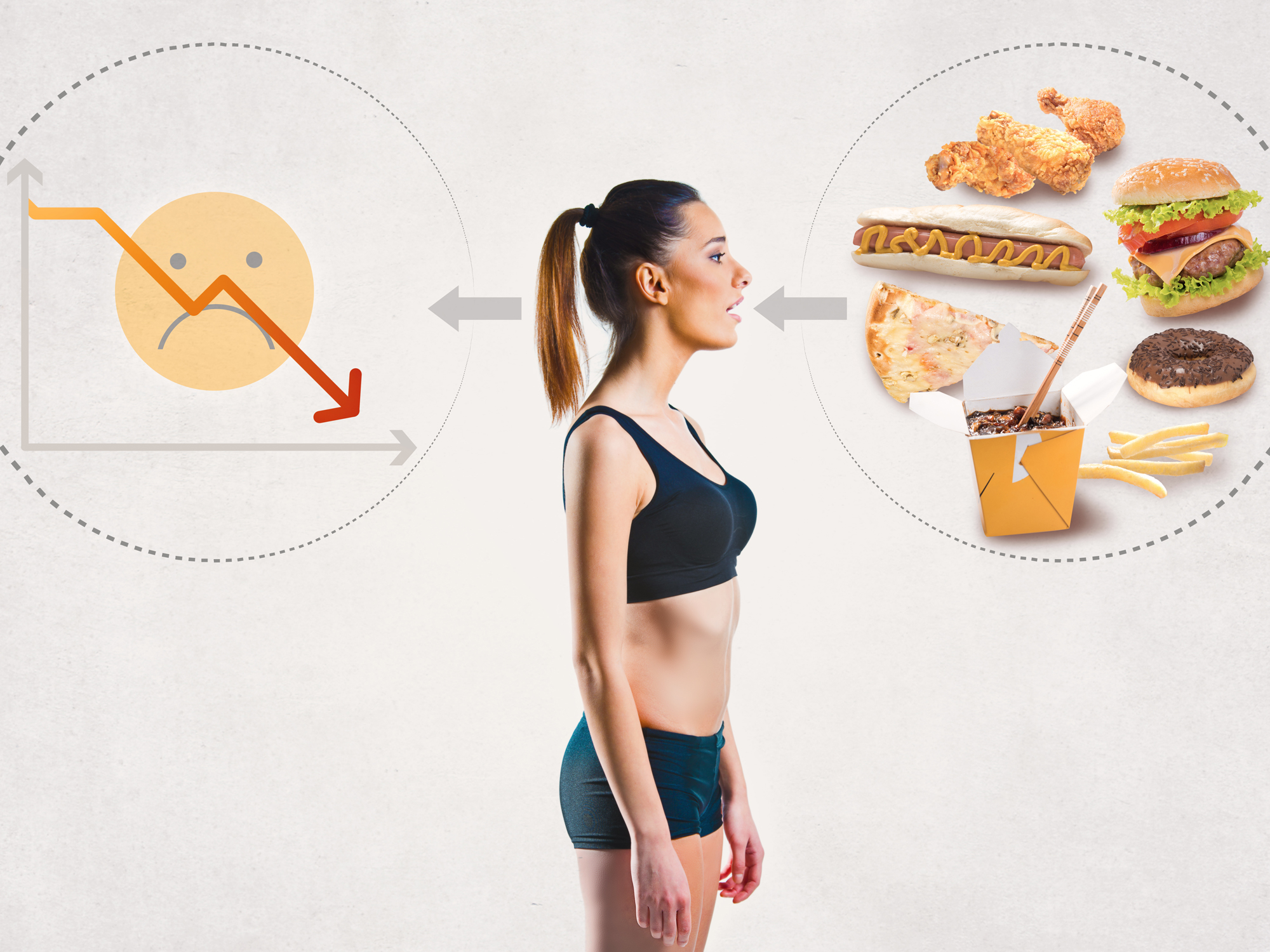Get Easy Health Digest™ in your inbox and don’t miss a thing when you subscribe today. Plus, get the free bonus report, Mother Nature’s Tips, Tricks and Remedies for Cholesterol, Blood Pressure & Blood Sugar as my way of saying welcome to the community!
Undo your fructose brain damage

If you’re anything like the average American, then you probably consume about 27 pounds of fructose per year. Assuming this is true, most of your fructose likely comes from sugary drinks, syrups, honey, desserts — and, of course, the most notorious source — high-fructose corn syrup.
Unfortunately, unless you stand out from the crowd when it comes to sugar consumption, you are damaging your brain and health in a serious way. In fact, researchers from the University of California- Los Angeles found that fructose damages genes in your brain in a way that could lead to major diseases like diabetes, cardiovascular disease, attention deficit hyperactivity disorder, Parkinson’s disease, bipolar disorder and Alzheimer’s disease.
In case you don’t know, your brain is filled with genes that are associated with certain diseases… and it seems that fructose changes your gene pattern in a way that could trigger these diseases. But there is a way to reverse the damage — DHA.
DHA (also known as docosahexaenoic acid) is an omega-3 fatty acid that researchers found could actually undo the gene damage caused by fructose.
“DHA changes not just one or two genes; it seems to push the entire gene pattern back to normal, which is remarkable,” said Xia Yang, a senior author of the study and a UCLA assistant professor of integrative biology and physiology.
In their study, researchers sequenced 20,000 genes in the brains of rats and found that fructose damages over 700 genes in the hypothalamus (which controls the brain’s metabolic processes) and over 200 genes in the hippocampus (which helps regulate learning, memory and emotion). Most of these genes, according to researchers, are comparable to human genes.
Researchers also made the rats undergo a little test to see how fructose and DHA impact their mental functioning. First, they taught rats to escape from a maze. Then they divided those rats into three groups, administering fructose water to one group, fructose water and DHA to another group and just plain water to the third group for six weeks.
After the six weeks were up, researchers put the rats back in the maze. The rats given fructose water finished the maze twice as slowly as the rats given plain water. The rats given fructose water and DHA, however, finished the maze about as quickly as the plain water group.
This means, for rats anyway, that DHA was able to counteract the negative effects of fructose. And we can only hope the same is true for humans…
DHA already occurs in small quantities in human brain cells, but the human body is not very efficient at making DHA itself. That’s why dietary sources of DHA are extremely important.
Fish are the best dietary source of DHA, especially wild-caught salmon (but not farm-raised salmon), bluefin tuna, albacore tuna, anchovies, sardines and herring. A fish oil supplement is also a good way to maximize your DHA intake. If you go the supplement route, krill tends to offer a higher quality oil — with added benefits for your brain.
Vegetarians looking to boost their DHA levels can get DHA from algae or can eat foods rich in ALA, like walnuts and flax seeds, which the body can then make into DHA.
And while this research doesn’t give you a free pass to suck down sugary beverages and binge on candy, it does mean that if you succumb to temptation on occasion, you know exactly what you need to do to restore balance to your brain and body — start downing some DHA.












